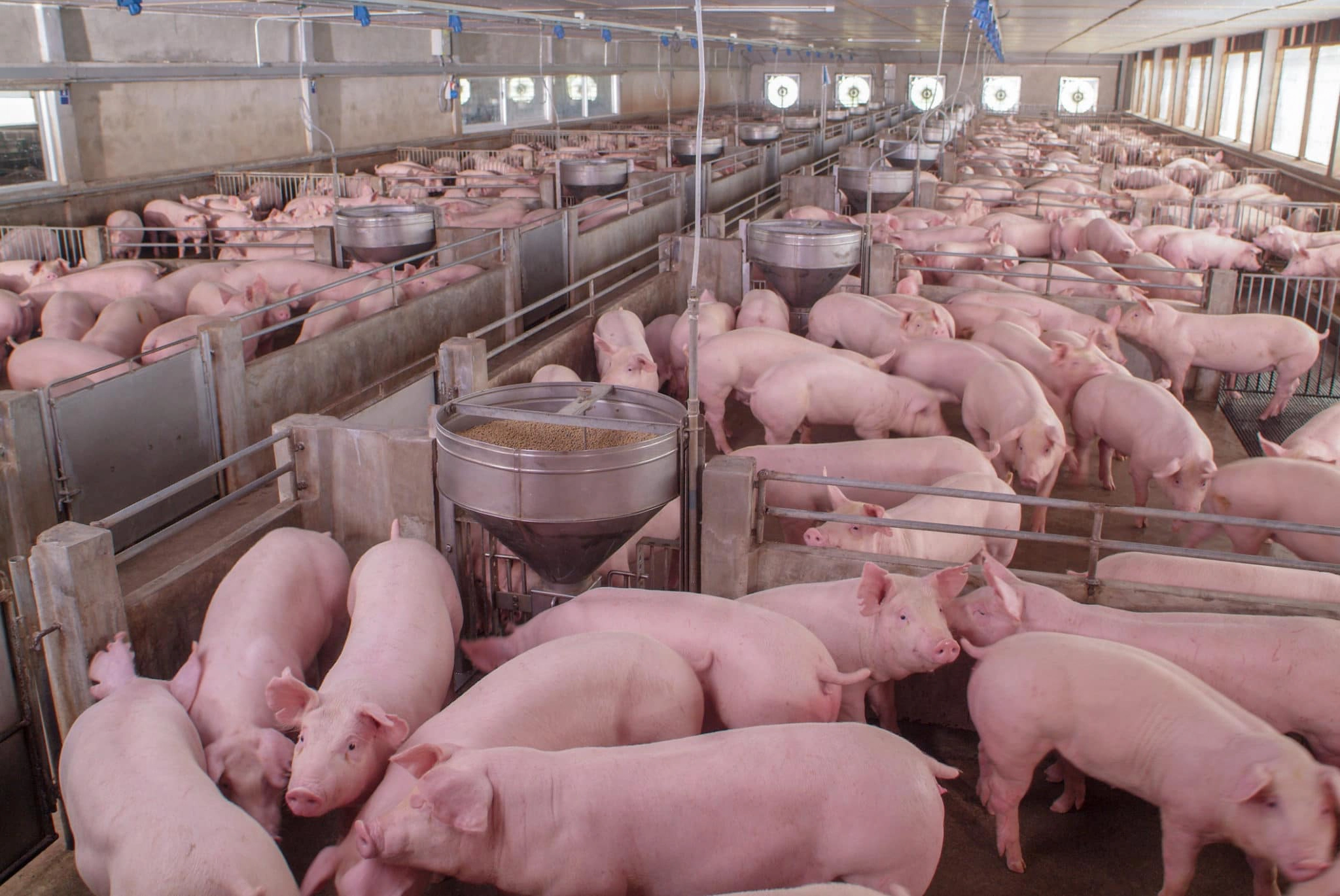The ASF Factor: Pork Prices and Market Mayhem

Published: February 11, 2020
While the countries affected by this outbreak have been doing everything possible to try and stop this virus, it has already led to worldwide devastation, with one in four pigs affected by ASF since the first outbreak was reported.
Although some experts believe that this outbreak will end soon, there is no telling how many more farmers, marketers, and meat companies will be affected. Due to the loss that these Asian countries have already faced, there have been major shifts in the global protein market, and major players in the meat industry are now faced with an unpredictable protein market.
ASF and the global protein market
As China wrestles with the lack of pork, ASF has caused mayhem within the global protein market. Naturally, prices have skyrocketed to compensate for large animal losses and the decreased ability to produce domestic pork products.
The Natural Bureau of Statistics in China reported that pork prices in China have risen 110% compared to November 2018, resulting in consumer inflation and an unpredictable market. Additionally, China, which has often been crowned the largest pork producer in the world, has now become one of the world’s largest pork importers. With China facing losses reported at over $141 billion, leading protein companies across the food value chain have been majorly affected by ASF.
Meat companies from countries across the world are attempting to tap into this lucrative market, raising the prices of their pork products and exporting pork to China in order to meet growing demand. However, some of these meat companies have been more successful than others. While meat companies in European Union have seen sales skyrocket as they sell pork products to China, companies in the United States have been tempered due to the ongoing trade war.
Thanks to a 62% tariff rate, many meat companies in the United States cannot afford to take advantage of China’s demand for pork products. Over the past few years, the United States has been able to sell fewer and fewer tons of pork to China, and now, even as tariff battles are shifting, the trade war is preventing the United States from capitalizing on this huge window of opportunity. Instead, meat companies based in countries in South America and Europe have seen the increase in sales.
ASF and market uncertainty
Even if ASF were to slow down, experts believe it could be years before supply is replenished in China and surrounding nations. And, if new outbreaks continue, there is the potential for meat companies worldwide to determine a long range strategy on how to capitalize on the growing demand for pork. However, even if this happens, the looming trade war will also have an unpredictable effect on places like the United States that will try to send meat to China.
The best way for meat and agribusinesses to stay prepared and profitable when faced with such market uncertainty is to use market simulations to create accurate forecasts and inform all of their business decisions. Real-time market simulations can help meat companies make effective, data-driven decisions, even when the market is seemingly unpredictable. With accurate forecasting to inform their decision making, agribusinesses can trust that they will have the data and tools they need to tackle market uncertainty and come out on top.
By combining human expertise and experience with machine learning, DecisionNext helps meat companies make profitable, risk-aware decisions without bias. Where humans lack the ability to completely eliminate bias, and machines lack the human expertise necessary to make proper decisions, combining the two provides the ultimate solution for markets to simulate outcomes in ‘black swan’ events in the markets like ASF.



